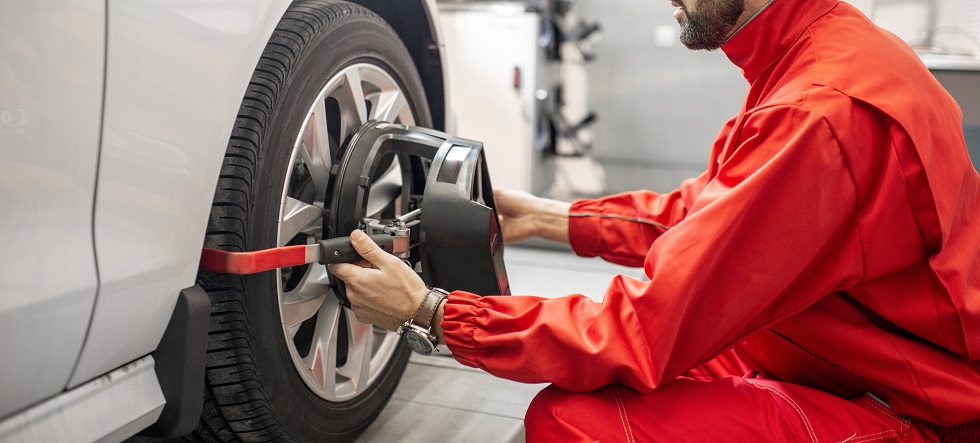All Categories
Featured

[/image]

Your auto's engine is the heart of your car, and keeping it in top problem is essential for optimum performance and long life. Routine engine tune-ups are a great method to preserve your car's health and wellness, improve fuel effectiveness, and prevent costly repairs down the road. Whether you're a vehicle enthusiast or a person who simply desires to keep their vehicle running smoothly, these engine tune-up tips will aid you get the most out of your cars and truck.
- Change Spark Plugs. Ignition system play a vital duty in beginning your engine and guaranteeing smooth combustion. In time, ignition system can come to be dirty or broken, bring about misfires, decreased fuel performance, and harsh idling.
During an engine tune-up, inspect and change your stimulate plugs if required. A lot of automobiles require new ignition system every 30,000 to 100,000 miles, relying on the kind. On a regular basis replacing ignition system makes certain proper ignition and optimal engine performance.
- Check and Clean the Air Filter. The air filter avoids dust, dust, and particles from entering your engine. A stopped up or dirty air filter limits air movement, triggering your engine to work harder and shed even more fuel.
Inspect your air filter during a tune-up and change it if it's dirty. In dusty environments or areas with hefty air pollution, you might require to alter the air filter much more frequently. A clean air filter can boost gas effectiveness and prolong the life of your engine.
- Inspect and Change Belts and Hoses. Belts and tubes are essential for different engine features, such as powering the alternator, water pump, and cooling system. With time, these components can split, battle royal, or break, possibly resulting in break downs.
Throughout a tune-up, check belts and hose pipes for indicators of wear and change them if needed. Replacing these components proactively can conserve you from costly repair work and prevent unexpected failures.
- Tidy the Gas System. Your fuel system, including the gas injectors and gas lines, can gather dirt and carbon deposits with time, lowering engine effectiveness. Cleaning up the gas system during a tune-up assists enhance performance and fuel economic situation.
You can make use of a fuel system cleaner or have a specialist mechanic do a much more complete cleaning. This action is specifically vital for older vehicles or vehicles that frequently drive in stop-and-go website traffic.
- Examine the Battery and Billing System. A healthy and balanced battery is crucial for starting your engine and powering electric parts. During a tune-up, evaluate the battery terminals for deterioration and make certain the links are tight.
Examine the battery's voltage and replace it if it shows signs of weak point. Additionally, have the alternator and charging system tested to ensure your battery remains billed during operation.
- Modification the Engine Oil and Oil Filter. Oil adjustments are an essential component of engine upkeep. Engine oil lubricates moving components, decreases rubbing, and aids regulate engine temperature. In time, oil becomes polluted and loses its efficiency.
Throughout a tune-up, change the engine oil and oil filter to keep your engine running smoothly. Follow your vehicle's producer recommendations for oil kind and change intervals.
- Evaluate the Cooling System. The cooling system avoids your engine from overheating. Gradually, coolant can degrade or end up being polluted, lowering its efficiency.
Inspect the coolant degree and condition during a tune-up, and flush and replace it if required. Check the radiator, water pump, and tubes for leaks or damage. A well-kept cooling system helps your engine run at the ideal temperature level and prevents getting too hot.
- Check the Ignition System. A defective ignition system can cause beginning problems and lowered engine performance. During a tune-up, inspect the ignition coils, supplier cap, and blades (if relevant) Change any components that show indications of wear or damage to make sure smooth and trustworthy engine procedure.
- Listen for Unusual Noises. During a tune-up, seize the day to listen for any kind of unusual engine sounds, such as knocking, ticking, or hissing. These noises can suggest underlying issues, such as valve problems, loose elements, or exhaust leaks. Resolving these troubles early can prevent a lot more comprehensive damage.
- Use Quality Parts and Fluids. When doing an engine tune-up, constantly utilize top notch components and liquids that fulfill your vehicle supplier's specifications. Low-cost or incorrect elements can endanger your engine's performance and dependability.
Conclusion: A Well-Tuned Engine is Key to Longevity. Regular engine tune-ups are essential for keeping your cars and truck's performance, performance, and dependability. By replacing worn components, cleaning essential systems, and attending to potential concerns, you can keep your engine running smoothly for years to find. Whether you're doing it yourself or counting on a relied on auto mechanic, investing in tune-ups is a clever method to secure your automobile and take pleasure in a more secure, smoother ride.
Latest Posts
Discover Cut Costs on Car Maintenance with Montclare Auto Repair’s Special Deals
Uncover Outstanding Car Repair Services from Montclare Auto Repair – Quality Service Today
Explore WyHy Federal Credit Union – Key Solutions for Your Money Goals
More
Latest Posts
Discover Cut Costs on Car Maintenance with Montclare Auto Repair’s Special Deals
Uncover Outstanding Car Repair Services from Montclare Auto Repair – Quality Service Today
Explore WyHy Federal Credit Union – Key Solutions for Your Money Goals